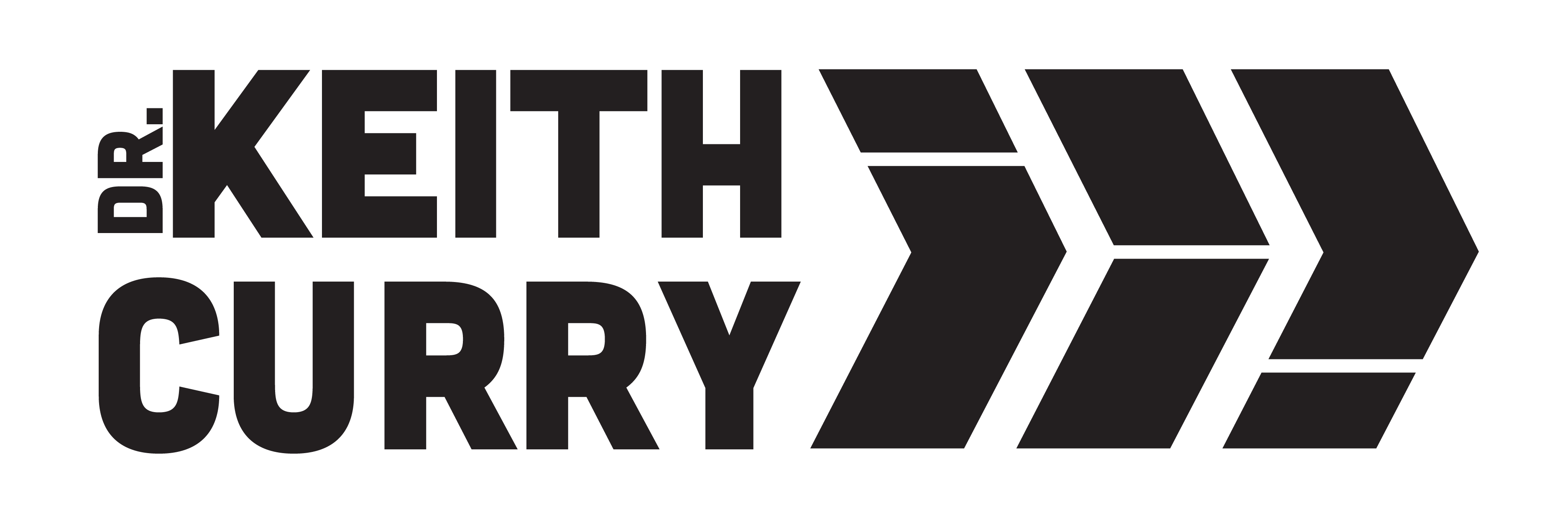Around the country, institutions of higher learning are having conversations about diversity, equity, inclusion, and accessibility (DEIA) offices, programs, and initiatives since they are under attack. According to the Chronicle of Higher Education’s data, twenty-two states have introduced 40 bills to restrict diversity, equity, and inclusion initiatives at public colleges and universities. Higher education leaders struggle to navigate these new, unknown spaces that hamper our efforts, both longstanding and new. How can institutions defend their DEIA offices and support their students’ needs?
The call to be a steadfast and unapologetic leader is more pertinent than ever. Leaders must remain focused on their students and student outcomes. We must redouble our support and continue to advocate for our students, faculty, staff, and the communities we serve. I understand the political dynamic of this conversation, but I also know that as an unapologetic leader, we must continue to do what’s right for our institutions.
Doing what’s right can leave you frustrated and sometimes ready to give up because, too often, doing what is “right” isn’t what is easy. Defending DEIA work is a perfect example of this very concept. We must always resolve ourselves to do what is just for our students. Because if we can’t count on our higher education leaders to do this work, then who will?
Let me be clear: I’m not making prescriptions for others that I’m unwilling to do myself. I am in and aim to lead my institution in this work in partnership with the Compton Community College District Board of Trustees. When I started in this position 13 years ago, we were not talking about DEIA at all, so now to be in these conversations and often leading these conversations has been doing right for the people, including making sure everyone within our campus communities is engaged in the DEIA conversations and are provided with updates on the work your institution is doing to address DEIA. Fortunately, I have the Compton Community College District Board of Trustees who have a passion for this work, and many of them serve on statewide and national DEIA committees. Often, when I leave the “A” out for Accessibility, they will remind me that I forgot the “A.” Last spring, the Board of Trustees, working with their board consultant, wrote and, through the collaborative governance process (i.e., decision-making process that includes the constituent groups), approved Compton Community College District Board Policy 7100- Diversity, Equity, Inclusion, and Accessibility. The Board of Trustees set the direction and the tone for DEIA, and I am responsible for the implementation.
When you have the policy, the work begins on implementing that policy. First, it is essential to post all your DEIA plans and action plans for the campus community and your external community. I recall a couple of years ago when I met with our staff, stressing the importance of posting all our DEIA and action plans on the Compton College website. I did that so I can have access, but more importantly, the employees, students, and the community have access, as they hold us accountable for leading our DEIA efforts. Second, during that meeting, I recall discussing how DEIA is a part of everyone’s job, not just the Chief Diversity Officers. My job description did not discuss leading DEIA efforts, but it did require me to engage in “other duties as assigned.” That is where I consider my DEIA work to fit within the job description. We can’t assume that one person or an office can do this all by themselves; we have to be all in this, together. Third, higher education institutions must update their community about hiring and diversity efforts. For the past couple of years, we have issued this commentary regarding hiring through a press release and posted the press release on our website.
Besides the recommendations above from my experiences, institutions that have invested in and worked hard to build DEIA must continue to defend their efforts and not back down. Defending DEIA initiatives must be a top priority for institutions. Unapologetic leadership matters, and we must take a collective approach and ensure that our campuses’ concerns and needs are heard. We must stay the course, regardless of the outcomes of anti-DEI bills. We must make it clear to our students, faculty, staff, and the community that we are still committed to providing a safe and inclusive campus for everyone. As the fight and, in some cases, the battles continue, students will need a sense of belonging. This should be ingrained in the campus culture, and prioritizing community building will be key to ensuring a nurturing and safe environment for our students.
